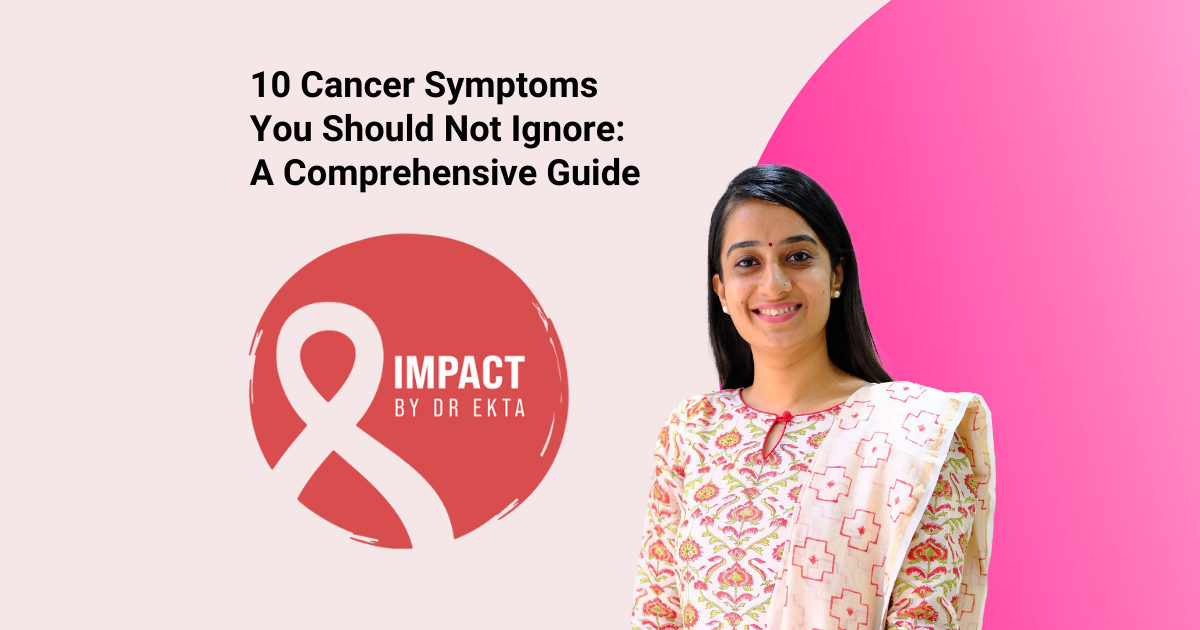As an oncologist, I understand how easily we can overlook small changes in our bodies. We’re often busy, dismissing signs as just part of everyday life, but certain symptoms should never be ignored. Early detection is key in cancer treatment, and recognizing these signs might make a huge difference in outcomes. Here are ten cancer symptoms that should prompt you to consult a doctor.
1. Unexplained Weight Loss
If you’ve suddenly lost a significant amount of weight without trying, it could be an early sign of cancer, particularly cancers of the pancreas, stomach, esophagus, or lungs. Weight loss of more than 5 kilograms without a clear cause is often the body’s reaction to cancer affecting metabolism.
2. Persistent Fatigue
Everyone feels tired now and then, but fatigue that doesn’t improve with rest may be a warning sign of cancers such as leukemia or colon cancer. This fatigue feels different from everyday tiredness—it’s overwhelming and can hinder daily activities.
3. Changes in the Skin
Your skin can provide early clues. Any new growths, changes in moles, or sores that don’t heal should be checked by a healthcare professional. Skin cancers, including melanoma, can often be caught early if you pay attention to these signs.
Tip: Look for changes in color, size, shape, or texture of any skin marks.
4. Chronic Pain
While pain can result from a variety of conditions, persistent pain that doesn’t have a clear cause could be a symptom of cancer. Bone pain or headaches that don’t improve with treatment might indicate cancers such as bone cancer or brain cancer.
5. Lumps or Thickening Under the Skin
Whether it’s in your breast, testicles, lymph nodes, or other soft tissues, a lump that is new or has grown over time should never be ignored. Lumps can be one of the first signs of cancers like breast cancer or lymphoma.
6. Changes in Bowel or Bladder Habits
Persistent constipation, diarrhea, or a change in stool size could indicate colorectal cancer. For bladder cancer, watch out for blood in the urine or a frequent urge to urinate without infection. These changes are often easy to dismiss, but they warrant investigation.
7. Unexplained Bleeding
If you notice blood where there shouldn’t be, such as in the stool, urine, or from the lungs, consult a doctor immediately. Coughing up blood may be a sign of lung cancer, while blood in the stool could indicate colorectal cancer.
8. Difficulty Swallowing or Persistent Hoarseness
If you’ve had trouble swallowing or a persistent hoarse voice, it could be a symptom of cancers like esophageal, throat, or lung cancer. These symptoms can also be confused with common conditions like acid reflux, which is why medical evaluation is essential.
9. Sores That Don’t Heal
Whether on the skin or inside the mouth, any sore that doesn’t heal within a few weeks needs to be checked. A non-healing sore, particularly in the mouth, can be an early sign of oral cancer. If you’re a smoker or heavy drinker, you’re at a higher risk.
10. Unexplained Fever or Night Sweats
A persistent fever or night sweats without an obvious cause could point to cancers like lymphoma or leukemia. Cancer-related fever often comes on during nighttime and is usually not related to infection.
Why Early Detection Matters
Each of these symptoms can occur for reasons other than cancer, but when persistent and without a clear cause, they should not be ignored. As an oncologist, I can’t stress enough the importance of listening to your body. Early detection can lead to more treatment options and a better prognosis.
For high-risk individuals—those with a family history of cancer, smokers, or people exposed to harmful chemicals—regular screenings are critical. Don’t wait for symptoms to become severe before seeking medical help. Cancer can be silent in the early stages, so routine check-ups are your best defense.
What to Do If You Notice These Symptoms
If you’ve experienced any of these symptoms, don’t panic, but do take action. Schedule a consultation with your doctor. They’ll perform a thorough assessment, which may include blood tests, imaging studies, or biopsies to rule out or confirm cancer.
Stay Proactive in Your Health
Maintaining a healthy lifestyle can also reduce your risk. A balanced diet rich in fruits and vegetables, regular physical activity, avoiding tobacco, and limiting alcohol intake are essential steps for cancer prevention. Managing stress and keeping up with medical check-ups will help you stay in control of your health.
Final Thoughts
Cancer doesn’t always come with loud symptoms. Sometimes, it whispers, and it’s easy to miss the signs. That’s why I’m urging you—pay attention to your body and seek help early if something feels off. Don’t ignore these warning signs.
Remember, early detection is the most powerful tool we have in the fight against cancer. Stay vigilant, stay informed, and take care of your health.
Key Takeaways:
- Unexplained weight loss, persistent fatigue, or changes in skin should prompt you to see a doctor.
- Lumps, chronic pain, and changes in bowel habits could indicate cancer and should be evaluated.
- Regular screenings and healthy habits can reduce cancer risk and ensure early detection.

